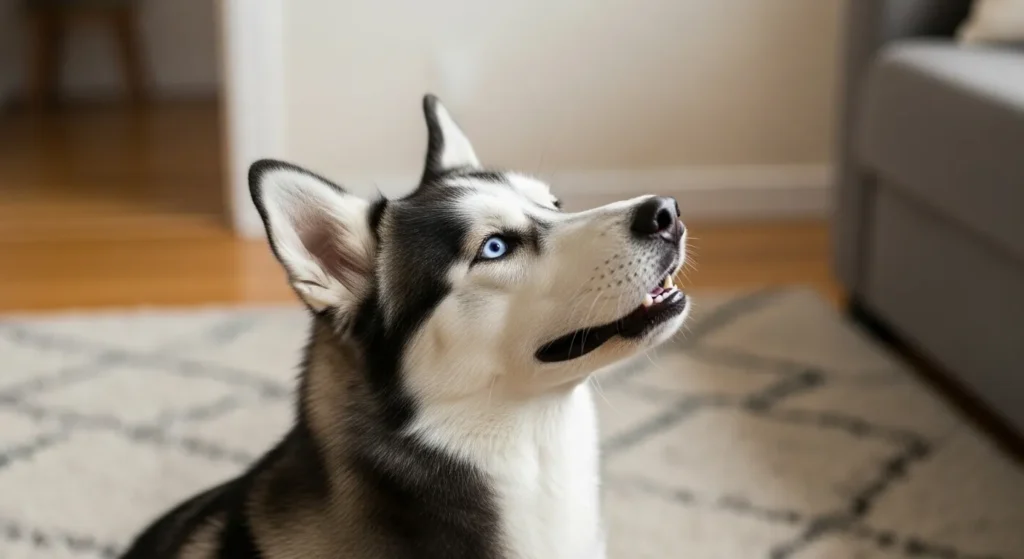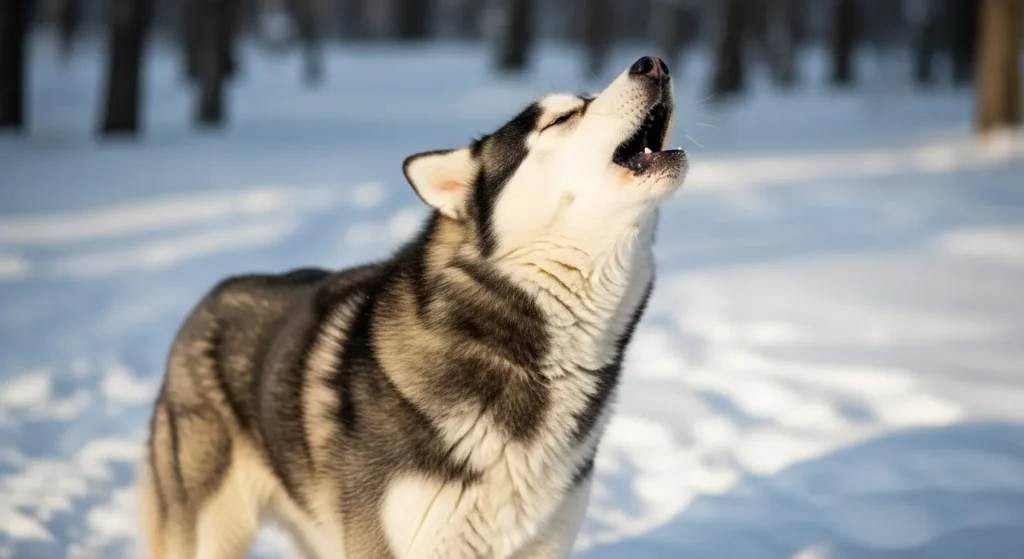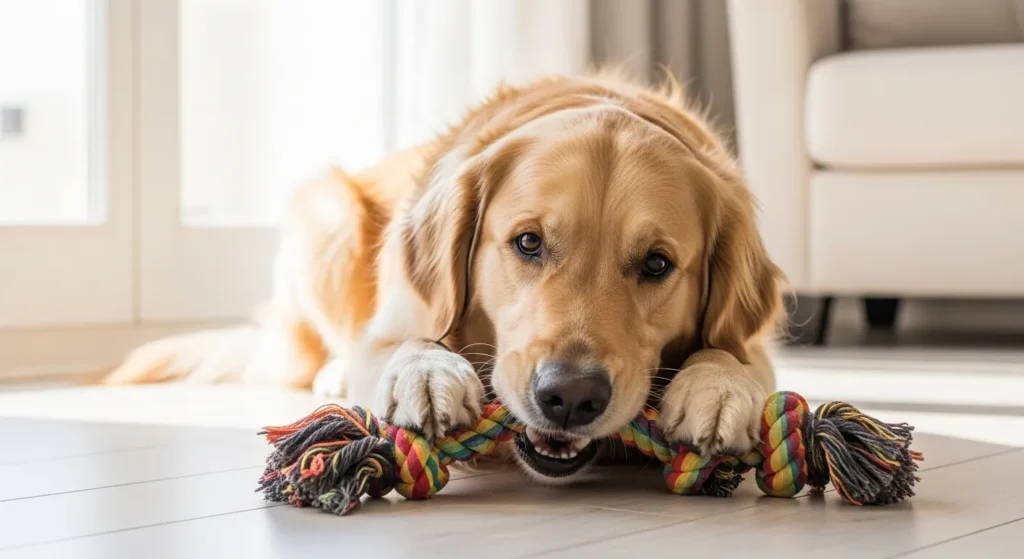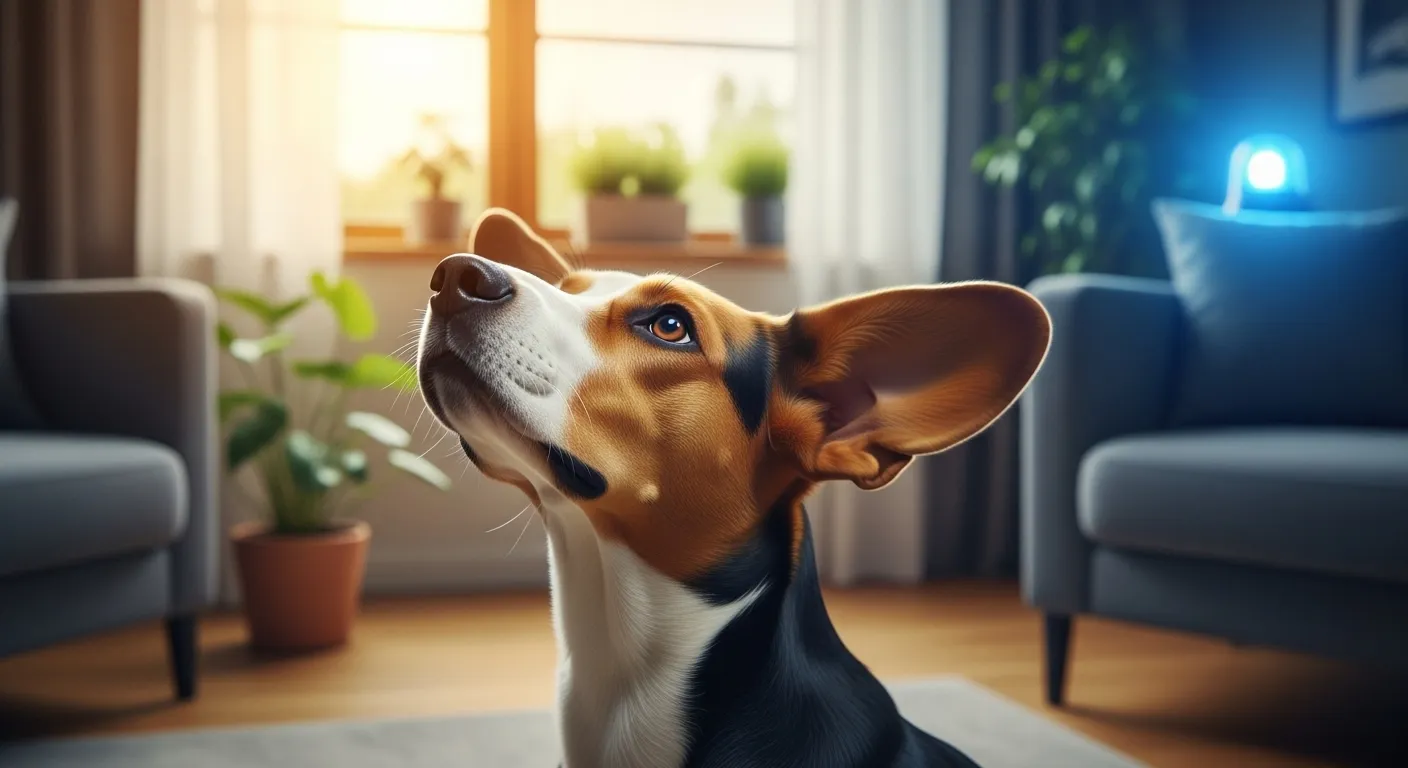Dogs make many sounds. Barking gets most attention. But howling stands out. It echoes like a call from the wild. If your dog howls, you may wonder what it means. This guide covers the main reasons. It draws from vet advice and studies. You will learn how to spot issues and help your pet.

The Roots of Dog Howling
Dogs come from wolves. Wolves howl to talk over distances. They use it to find pack members or warn others. Domestic dogs keep this trait. Over time, dogs bark more. But howling still happens. It serves social needs. Recent vet reviews confirm this link holds in 2025.
Main Reasons Dogs Howl
Dogs howl for clear purposes. Here are the top ones. Each ties to their needs or surroundings.
To Communicate with Other Dogs
Dogs howl to share messages. They signal their spot to far-off friends. This helps in groups. It invites play or warns of trouble. In cities, one howl can start a chain. Wolves did this for hunts. Your dog might do it when hearing neighbors.
In Response to Noises Like Sirens
High sounds trigger howls. Sirens mimic dog calls. Music or trains can too. Your dog thinks another is nearby. It joins in to reply. This “contagious howling” stops when the noise ends. Many owners hear it at night from emergency vehicles.

To Get Your Attention
Some dogs learn howling works. They want food, walks, or pets. If you respond, it repeats. Ignore it at first. Reward quiet times instead. Teach a “quiet” command. Use treats for success. This builds better habits.
Link to our pet symptom checker if howling pairs with other signs.
From Loneliness or Separation Anxiety
Dogs hate being alone. Howling calls you back. It shows stress when you leave. Signs include pacing or chewing items. This ties to strong bonds. Spend more time together. Try puzzle toys for distraction. For more on attachment, see why does my dog follow me everywhere.
To Guard Their Space
Howling marks turf. It tells strangers to stay away. Your dog protects home or yard. This acts as a fence of sound. It often mixes with barks. Calm greetings help visitors. Avoid rewarding alerts to unknowns.
Due to Pain or Health Issues
Sudden howls signal hurt. Check for limps or odd walks. Illness like ear infections can cause it too. Quiet dogs that start howling need a vet check. Don’t wait. Use our pet symptom checker to note details. For health tips, read can dogs get flu symptoms treatment prevention guide.
Breed and Age Factors
Not all dogs howl the same. Huskies and hounds do it most. They come from working lines. Older dogs howl more from memory or changes. Puppies rarely do. Try our pet breed finder quiz to learn about your dog’s traits.

Why Do Dogs Howl at Night?
Night howls often come from quiet times. Less noise lets sounds carry. Your dog might hear distant calls. Or it feels alone in the dark. Boredom plays a role too. Provide bedtime routines. A cozy bed helps. For shaking or other night issues, check why is my dog shaking.
Why Do Dogs Howl in Their Sleep?
Dreams cause sleep howls. Dogs enter REM like humans. They relive chases or plays. Twitches come with it. Let them rest. Waking can startle them. If frequent, note patterns. It rarely means trouble.
When to Worry About Howling
Most howls are fine. But watch for changes. If it lasts hours or comes with eating loss, see a vet. Anxiety or pain hides behind it. Track with our pet age calculator for senior dogs. Avoid common errors from common dog owner mistakes.
For more on dog health, visit the American Kennel Club site.
How to Reduce Excessive Howling
Start with causes. For sounds, play soft versions at low volume. Build tolerance with treats. For attention, wait five seconds of quiet before responding. Exercise daily to cut boredom. Professional trainers help tough cases. Use our pet compatibility checker if multi-pet homes add stress.

This covers the basics. Your dog’s howl tells a story. Listen close. Act on needs. It strengthens your bond.
